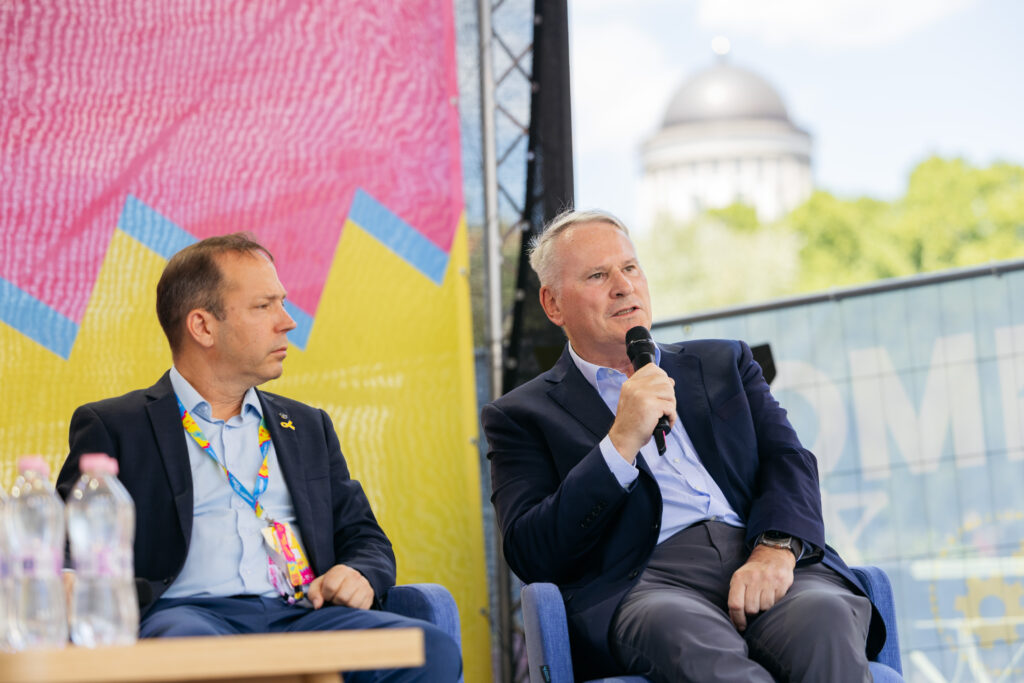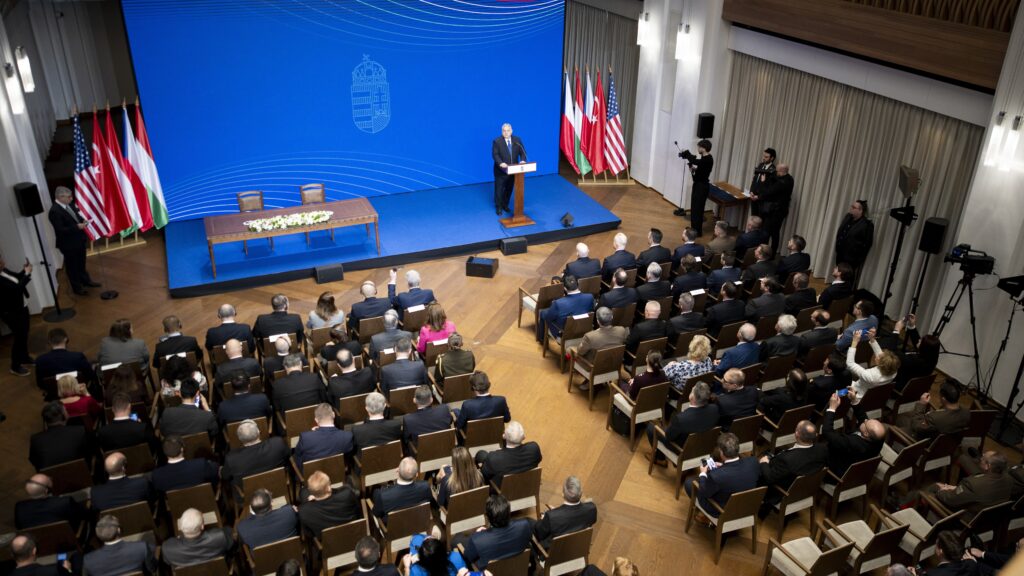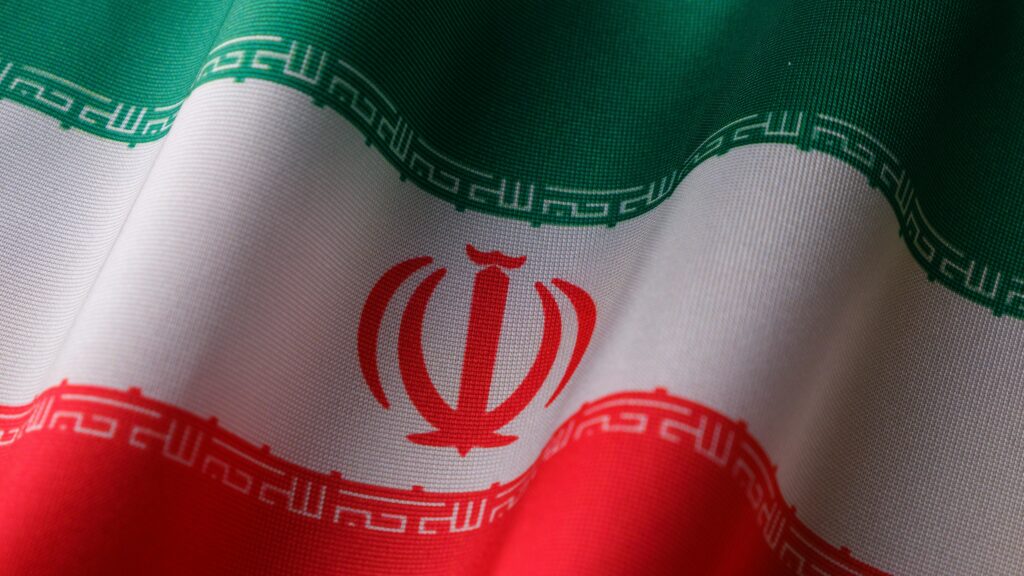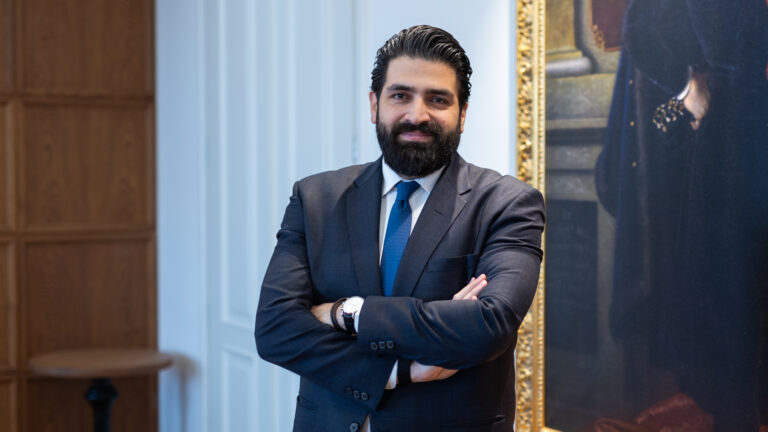Richard Kemp is a former British Army commander who served in Afghanistan, Iraq, Northern Ireland, and the Balkans. He has been present in Israel during all previous wars in Gaza and has spent most of his time in the country since 7 October 2023, including making visits inside Gaza. From 2001 to 2006, Kemp was attached to the Cabinet Office, where he worked with the Joint Intelligence Committee and the national crisis management group, COBRA. In 2006, he was promoted to Commander of the Order of the British Empire (CBE), Military Division.
***
What are the similarities and differences in fighting terrorist groups that use guerrilla tactics in Afghanistan, Iraq, and Gaza?
There are many tactical similarities between operations in Afghanistan and Iraq with Gaza. British, American, and other allied forces in those two campaigns used many similar techniques to those the IDF are using in Gaza. But strategically, these were very different conflicts. Afghanistan and Iraq (after the initial invasions) were mostly counter-insurgencies, whereas Gaza is effectively a conventional inter-state war (albeit Hamas and the other terrorists in Gaza use guerrilla-type tactics). So, at the level of the bigger picture, you can’t really compare the conflicts.
What military methods, tactics, and technical tools does a regular army use against a guerrilla-style enemy?
The key element is intelligence, given the surreptitious nature of guerrilla operations. This must be far more intensive than in conventional warfare. It involves a combination of human and technical intelligence—especially communications intercepts—as well as surveillance from both the air and the ground. Detailed and accurate targeting, combined with precision weapons, is also critical to achieving maximum lethal effect against the enemy while minimizing the risk of civilian harm, given that Hamas and other similar groups operate almost exclusively from within the civilian population.
‘It involves a combination of human and technical intelligence—especially communications intercepts—as well as surveillance from both the air and the ground’
What information can intelligence provide to the IDF about combat situations and operations, and what methods are used to collect it?
In Gaza, the IDF has developed the most sophisticated means of intelligence collection and analysis, which are unparalleled in my experience. Targeting can be as detailed as facial recognition techniques combined with detailed knowledge of individual terrorists, often drawn from social media and using AI. This, and their other efforts, is hugely manpower-intensive, and the IDF has formed extensive ‘back room’ intelligence analysis teams to support the fighting forces.

Israel has decided to occupy the Gaza Strip by military force. The fighting in Gaza City will be bloody and intense. What do you expect?
This may be the bloodiest battle the IDF has fought in this war. It’s almost Hamas’s last stronghold, and if they decide to hold it rather than flee, then it will be very violent and probably last for a long time. Hamas has had 20 years to prepare. Buildings are connected by a vast tunnel network, allowing Hamas fighters to move swiftly and set up ambushes; every structure, road, and alleyway must be assumed to be rigged with explosives. Gaza City is the largest urban area in the Strip, so it will be a very complex and dangerous military operation. The IDF will be doing all it can to minimize civilian loss, but there will be a strong Hamas propaganda campaign as well, with pictures and videos of the IDF’s ‘brutality’ against Palestinian women and children.
What are the possible military and political outcomes of the Gaza war?
The best outcome would be the annihilation of Hamas and the removal of their control over Gaza, followed by a replacement administration made up of both local Gazans and an Arab coalition. Israel is working towards that outcome, but achieving it will not be easy. Israel will have to retain overall security control over Gaza because of the prospects of the rise of a further threat from within Gaza. For the same reason, it will need to maintain wide buffer zones inside Gaza’s borders.
Is Hamas defeatable? Is it possible for the IDF to eliminate Hamas’s military infrastructure? Or is Israel just ‘buying’ time?
Any enemy is defeatable, including Hamas, given the military means and political will. That doesn’t mean, however, that it wouldn’t try to reconstitute itself or that a similar terrorist group wouldn’t attempt to arise as its successor. The ideology cannot be killed off, except possibly through long-term deradicalization. The same jihadist ideology exists in Judea and Samaria (the West Bank) as well as in many other places across the Middle East and globally. The defeat of Hamas would be a major setback for jihadism, while failure to do so would inject greater energy into it.
‘The ideology cannot be killed off, except possibly through long-term deradicalization’
Israel’s massive multifront war has led to a situation where the Jewish state’s security is now more stable than it was before the 7 October attack. But will the Arab states be willing to consolidate their relationships with Israel, given their perception that it has committed war crimes against Arab Muslims?
Whatever Arab countries say publicly, they mostly want to see Hamas defeated and support Israel in doing so. They understand the reality of Hamas and the threat its ideology poses to their own countries. If Israel emerges from this wider conflict victorious (as it has already been against Iran, Hezbollah, and Syria), its status as the strong man of the Middle East will be reinforced. That is exactly what most Arab countries want and need, especially as a counterbalance to Iran. Eventually, this multi-front war is likely to bring greater unity between Israel and its Arab neighbours. A key factor in this is also Israel’s strong relationship with the US.

You mentioned that you spoke with many Gazans who understand Hamas’s responsibility for the carnage in the Strip. But even if most of Gaza’s population turns against Hamas, many Palestinians will still harbour deep hatred for Israel because of their suffering. Is there any chance that this cycle of hatred could be broken?
Most Gazans now hate Hamas, and many of those I met in Gaza recently told me that. They know it is Hamas that has brought this death and destruction upon them. Gazans have been indoctrinated to hate Israel and Jews almost since birth, and that hatred has also been fostered in UN schools. It is deeply ingrained. This war has only intensified that hatred. As I mentioned above, the only way to change their anti-Israel ideology is through long-term mass deradicalization, and I’m not sure that’s even possible. The realistic approach is to deny them the means to operationalize their hatred into violence, which means the security challenges Israel has faced since its re-creation are unlikely to end anytime soon.
We should remember this is a religious war by Muslims against Jews, not a war over land. Islamic doctrine dictates that no territory governed by Islam (as the land of Israel was under the Ottoman Empire until 1918) may be ceded.
‘They know it is Hamas that has brought this death and destruction upon them’
Could an independent Palestinian state be formed in the near future?
There is no prospect a sovereign Palestinian state could come into being. The Palestinians do not want that, they want the annihilation of the Jewish state. They were offered their own sovereign state multiple times since the 1930s, and have rejected every offer. Israel cannot allow a militarized Islamic state on its borders, and must maintain the freedom to operate in these territories to defend itself. That means there can be no sovereign state. An entity less than a sovereign state with autonomy for its inhabitants is a more realistic prospect.
Iran was humiliated by the recent Israeli–Iranian war. But could Iran be capable of inflicting harm on Israel using any formal or informal military tools?
While the current Iranian regime continues to exist, it will actively oppose Israel. Its terrorist proxies have been severely damaged, and it will try to rebuild them. Iran’s nuclear programme was also significantly damaged, but at some point, Iran is likely to attempt to resurrect it. However, I believe Iran will now be much more cautious. They’ve seen the consequences of provoking Israel and the US. They definitely do not want a repeat of the 12-day war, and I think we’ll see only limited offensive efforts from them—at least while Netanyahu is PM and Trump is in the White House. The ayatollah’s wings have been clipped.
Related articles:







